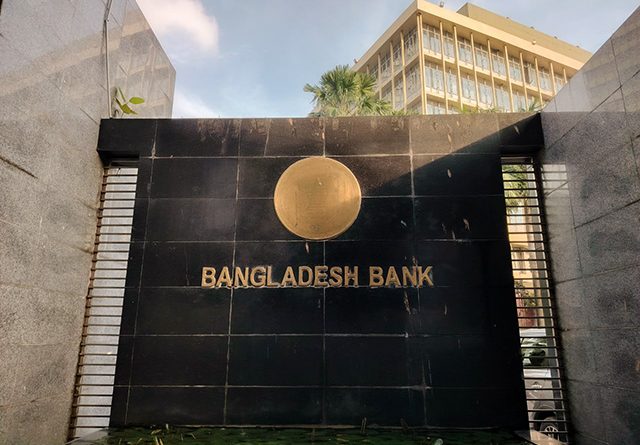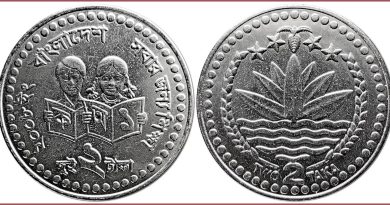Private sector credit growth in Bangladesh has fallen to its lowest point in recent years, dipping below the 7.0 per cent threshold in June, as high interest rates and post-election uncertainties continue to weigh on the economy.
According to the latest figures released by Bangladesh Bank, credit growth to the private sector stood at just 6.40 per cent in June—marking the second time in 2025 that the rate has dropped below 7 per cent. Throughout the first half of the year, growth has remained sluggish, consistently hovering near this critical level without any meaningful rebound.
Economists attribute the slowdown to a combination of macroeconomic challenges and structural weaknesses in the financial sector.
Speaking to Dr Mustafa K Mujeri, Executive Director of the Institute for Inclusive Finance and Development (InM) and former Chief Economist of Bangladesh Bank, pointed to political uncertainty, governance issues, and deteriorating law and order as key deterrents to new private investment.
He noted that many entrepreneurs are currently reluctant to take on additional risk, particularly in an environment marked by instability and a weakened banking sector. Widespread financial irregularities in recent years have eroded trust and left many banks facing liquidity constraints, limiting their ability to extend new credit.
Adding to the strain, banks are exercising increased caution amid a surge in non-performing loans (NPLs), which have placed significant pressure on balance sheets.
Dr Khondaker Golam Moazzem, Research Director at the Centre for Policy Dialogue (CPD), warned that the prolonged decline in credit growth could foreshadow a broader economic crisis. A sustained credit contraction reduces the flow of capital into new businesses and industries, limiting expansion and job creation at a time when economic momentum is already under pressure.
He further cautioned that unless political stability is restored and investor confidence rebounds, the situation is unlikely to improve ahead of the national elections. Any delay in the electoral timeline could deepen the economic slowdown.
Moreover, unresolved tariff tensions with the United States pose an additional external risk, threatening to undermine the country’s trade outlook and further clouding the economic forecast.
Bangladesh Bank’s monthly data shows a clear downward trend in private sector credit growth over the past several months:
- June: 6.40%
- May: 7.17%
- April: 7.50%
- March: 7.57%
- February: 6.82%
- January: 7.15%
- December 2024: 7.28%
As credit growth remains subdued, policymakers and financial institutions face mounting pressure to restore stability, reinvigorate private sector lending, and support sustainable economic recovery in the months ahead.






